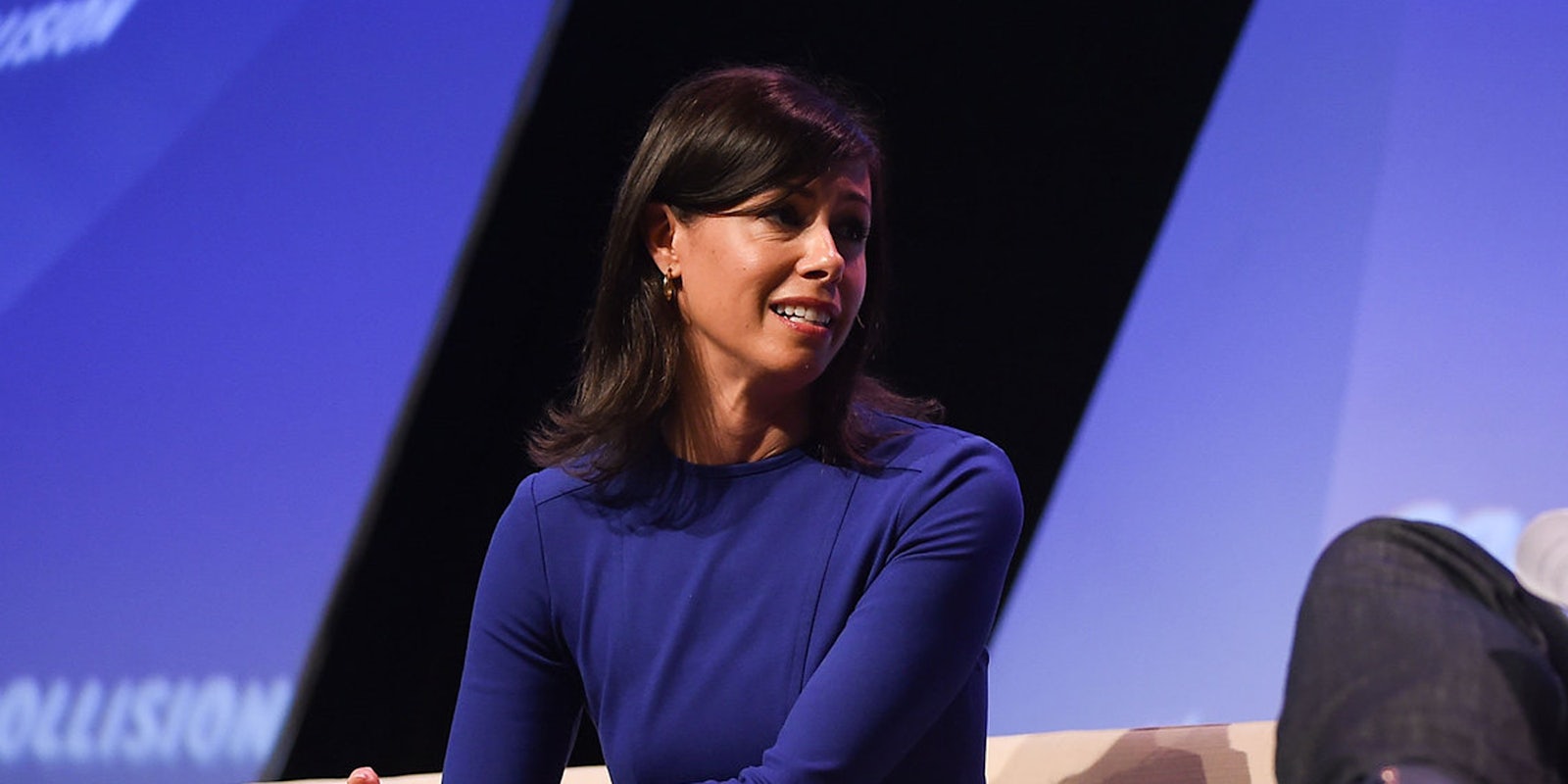Starting tomorrow, eligible Americans will be able to sign up for a Federal Communications Commission (FCC) coronavirus pandemic-related program that provides monthly discounts to help pay for broadband service.
The Emergency Broadband Benefit will allow for low-income Americans to get a monthly discount of up to $50—or $75 for Tribal lands—to help pay for their internet access. The coronavirus pandemic has highlighted the country’s digital divide, the gap between those who have access to high-speed and affordable broadband and those who don’t.
Congress allocated $3.2 billion for the Emergency Broadband Benefit late last year and the FCC approved the final rules for the program in February.
Besides offering a monthly discount on broadband service, the program will also allow eligible Americans a one-time discount of $100 to help them buy a laptop, desktop, or tablet.
The program has a fairly wide set of criteria for people seeking to sign up. In order to be eligible, someone must show that their income is at or below 135% of the Federal Poverty Level, be enrolled in SNAP, Medicaid, or Lifeline, rely on free or reduced-price meals in schools, receive a Pell Grant, or lost their job during the pandemic and meets certain thresholds for their total income. The FCC also is directing people to a new website to sign up for the program.
The program will run until the $3.2 billion runs out or six months after the the federal government declares an end to the pandemic.
Earlier in the pandemic, the FCC—then under Republican control—encouraged ISPs to take part in the “Keep Americans Connected Pledge,” a voluntary program where they agreed to not cut off service for customers who couldn’t pay bills because of the pandemic. However, that pledge eventually ended.
Amid all this, lawmakers called for funding to be funneled toward programs that kept Americans online. Ultimately, funding for the Emergency Broadband Benefit was allocated in December.
“Broadband is critical for survival during this pandemic. As of May 12, eligible households will be able to enroll in the Emergency Broadband Benefit Program to receive a monthly discount off the cost of #broadband service from an approved provider,” Acting FCC Chairwoman Jessica Rosenworcel tweeted on Monday evening.
Meanwhile, the FCC on Monday also unanimously approved the final rules for a $7.17 billion program that will help schools and libraries buy laptops, tablets, and Wi-Fi hotspots to help people get online amid the pandemic.
The Emergency Connectivity Fund was part of the American Rescue Plan from President Joe Biden.
“Far too often, students, teachers, and library patrons lack the access they need to broadband and connected devices. This need has become even more apparent during these unprecedented times,” Rosenworcel said in a statement. “Between this Emergency Connectivity Fund Program and the Emergency Broadband Benefit Program, we are investing more than $10 billion in American students and households. These investments will help more Americans access online education, healthcare, and employment resources. They will help close the Homework Gap for students nationwide and give so many more households the ability to connect, communicate, and more fully participate in modern life.”
Read more about the FCC
| Gigi Sohn calls Republican accusations against her a big telecom-led effort to keep the FCC deadlocked |
| FCC says 10 million homes have now signed up for affordable internet subsidy |
| ISPs won’t quit trying to derail California’s ‘gold standard’ net neutrality law |
| FCC agrees to crack down on ‘sweetheart deals’ that restrict broadband choice in apartments, condos |
| Sign up to receive the Daily Dot’s Internet Insider newsletter for urgent news from the frontline of online. |


